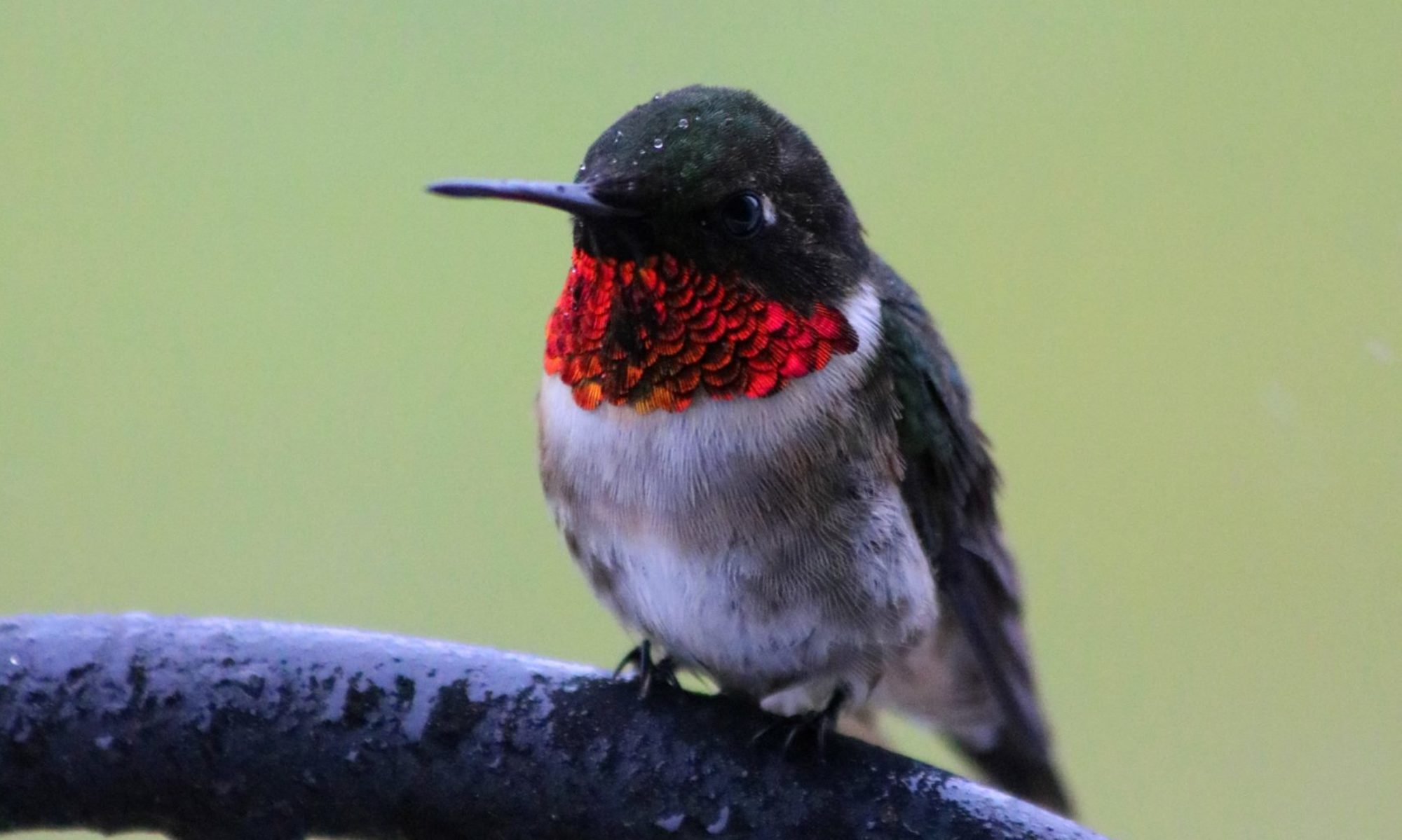Kali Henke
Can’t you speak?
My roommate smashes little buttons on a controller, the sound seeming to echo throughout the small dorm. Outside our door, our suitemates laugh loudly at some poor joke one of them made. Underneath the crescendo of voices, I can hear the small hum of the radiator heating our shared space. Outside rain gently taps our windows, and cars drive past, their engines the music of the street. Even in the quiet library, you can hear little taps of keyboards, and stifled laughter from the whispering students. No matter where you look or where you turn, there is no place where you can find absolute silence.
What? Did you say something? Talk.
Bodies move against one another as I stand close to the wall. Music thrums loudly, my heart replicating the thunderous beat. Cheeks flushed and slight heavy breathing, I stand with a water bottle tightly clutched in my hands. The boy who tried to talk to me earlier standing a few feet away from me sending me strange glances. I avoided his eyes the best I could, trying to rid the sour taste from my mouth that the conversation left. The loud music caused a throbbing pain in the back of my head, but I ignored it. I swallowed my pain and moved to the rhythm of the music side to side. My tongue filled with heavy lead. The room around me screaming, but I was silent.
Don’t you have a voice?
A group of girls stared at me wide-eyed, their heads tilted slightly in question. Anxiously, I tug my sweatshirt sleeves down over my hands and keep my eyes on the ground as they start to fire off questions. Boom, boom, boom, one after the other, the bullet-like questions lodged themselves into my head but my lips remained shut. My tired tongue remained still as the air was heavy with anticipation, as I subconsciously gnawed on my lip. The girls shared a glance. The silence was the only thing we shared as I waited for them to leave— they did.
Do you not have vocal cords?
I have never seen a bird not sing or an artist not doodle on a sheet. I have never watched an actor not cry on command or a slow-fingered pianist. Each thing in this world has a place, on a stage, in a notebook, or inside someone’s memory. But where does silence belong? Tongue heavy and anxiety-ridden habits force my lips shut, silence seeping from me. An anomaly, a voiceless stranger who wants nothing more than to scream but her heartbeat quickens threatening a heart attack. The sound of my heart like a drum, be-be-beating ever so quickly, my lips hanging slightly opening, but nothing coming out. Silence. Where do I belong? Too quiet for a stage, too plain for a notebook, and too forgettable for a memory. I’m an apology with no meaning, a fading tart taste on a tongue that stings but quickly fades. I fade too quickly to be remembered, not there long enough to even be forgotten, just ignored.
Louder. Use your voice.
I am. I swear, I am. My silence louder than the public’s chorused voices. My silence says everything I can’t, only to those who choose to listen. My eyes, my body language, all tell a story I can’t relate with noise. A safe haven for all things silent. Thoughts, memories, and art. Silence has become a forgotten art form, there. Existing— Belonging. Silence belongs here, surrounding me and my unmoving lips, as my roommate smashes little buttons and laughter fills the room outside my door. Quiet, a choice I made from the moment I could. Silence—my default.
I can’t ever hear you.
From the day we are born, we enter this world screaming. Our throats aching with a type of rawness that seems to never fully heal. As children, we grow into wanting attention that increases into unsatiable cravings. The idea of sitting quietly and alone becoming our worst fear. A voice — their voice becomes a constant reassurance that they exist. Those who choose to be loud, turn to others who replicate their fears, desires, and loudness. They match their laughter and pity those who whisper. For, if you are not heard are you really alive? No one has fully heard my anxious worries or doubts, but I exist, contrary to what others believe. My own throat swallowing the burn, choking back my voice, letting it sit in my stomach—burning into a fire. My fire erupts and flourishes on pages, it becomes burned into the memories of those who take the time to read and understand it. My voice may not fill the world to the brim and I may not contribute to laughs or the whispers but I’m heard. I’m loud in a different way because everyone has a default, everyone has their own way of having their voice heard and that’s okay.
